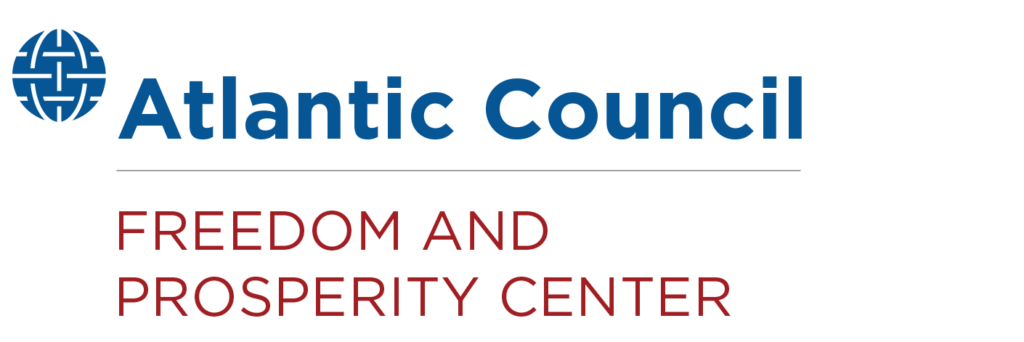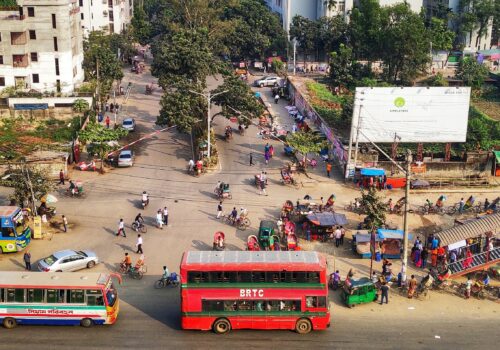How Zimbabwe can achieve its vision of prosperity
Executive summary
Zimbabwe’s Vision 2030 Agenda outlines an ambitious plan to transform the nation into an upper-middle-income country by 2030, aligning with the United Nations’ Sustainable Development Goals and the African Union’s Agenda 2063. The plan focuses on both economic growth and social progress, highlighting the need for a comprehensive development approach. Nations with more open and efficient economic, political, and legal systems typically experience greater prosperity and well-being.
A key component of Vision 2030 is creating an effective business environment that fosters entrepreneurship and attracts foreign direct investment (FDI). Gender equality and women’s empowerment are integral to this vision, as harnessing the full potential of the population can drive economic productivity and innovation. By fostering an environment that attracts FDI and supports entrepreneurship, Zimbabwe aims to create a robust economic foundation for durable prosperity.
About the authors
Nina Dannaoui is the deputy director at the Atlantic Council’s Freedom and Prosperity Center.
Joseph Lemoine is the senior director at the Atlantic Council’s Freedom and Prosperity Center.
William Mortenson is a young global professional at the Atlantic Council’s Freedom and Prosperity Center.
James Storen is a program assistant at the Atlantic Council’s Freedom and Prosperity Center.
Related content
Explore the program

The Freedom and Prosperity Center aims to increase the prosperity of the poor and marginalized in developing countries and to explore the nature of the relationship between freedom and prosperity in both developing and developed nations.
Image: A group of young women, voting for the first time, play Scrabble while waiting outside a polling station to vote in Zimbabwe's presidential and parliamentary elections in the capital city of Harare March 29, 2008. REUTERS/Howard Burditt


